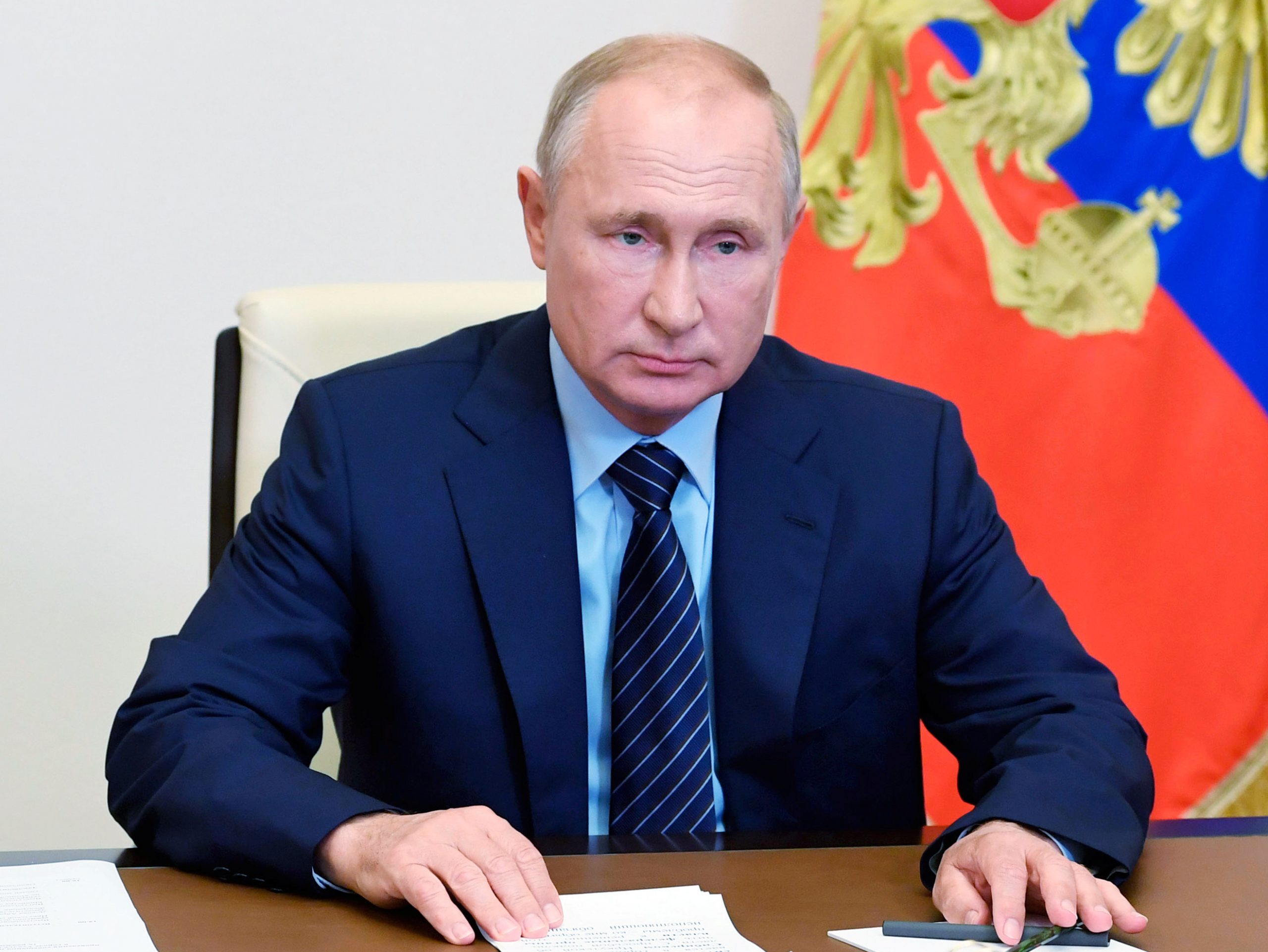
Ian Patrick, FISM News
[elfsight_social_share_buttons id=”1″]
The Senate Intelligence Committee recently released its fifth and final report of their investigation into Russia and the Trump Campaign during the 2016 election cycle. This report specifically focused “on the counterintelligence threat, outlining a wide range of Russian efforts to influence the Trump Campaign and the 2016 election.”
The 966-page report combs through multiple people and areas of interest who have been previously linked with this investigation. For instance, Trump’s former campaign manager Paul Manafort shared secret “sensitive polling data” and “Campaign strategy” with known Russian intelligence officer Konstantin Kilimnik. While uncertain of everything discussed with Kilimnik or other Russian-aligned individuals such as oligarchist Oleg Deripaska, the committee determines that “Manafort’s presence on the Campaign and proximity to Trump created opportunities for Russian intelligence services to exert influence over, and acquire confidential information on, the Trump Campaign.”
The Committee also determined that Putin did order the hacking of “computer networks and accounts affiliated with the Democratic Party” and the leaking of any damning information against Democratic Nominee Hillary Clinton. WikiLeaks at the time was helping in this hack and leak effort, most likely knowing that this would directly aid Russian intelligence (WikiLeaks would later be deemed a dangerous service by the U.S. government). The Committee says that some people in Trump’s Campaign “sought advance notice about WikiLeaks releases” but did not know that the hack was Russian originated. Roger Stone, who Trump and his Campaign used to get information from WikiLeaks, is understood to have gained “inside information” about releases but did not know to what extent he knew of them.
The Committee made discoveries about Trump’s connections to the Agalarovs, a family of Russian oligarchs, and how they pushed for the meeting between his campaign and Russian lawyer Natalia Veselnitskaya. Donald Trump Jr. met with Veselnitskaya with the intent of discussing information to help his father’s campaign but was turned instead into talks about repealing the Magnitsky Act which places sanctions on Russia. No evidence is given that either party exchanged information or deals. Meanwhile, Trump’s connection to the Agalarovs stayed in touch as he tried to build a Trump Tower within Moscow; a deal that was placed under the control of Michael Cohen who directly contacted the Russian government for assistance, but ultimately fell through.
Trump’s foreign policy team was also looked into since a couple of members made potentially dangerous connections. George Papadopoulos was mentioned by name, saying that his efforts as a part of that team “introduced him to several individuals that raise counterintelligence concerns, due to their associations with individuals from hostile foreign governments as well as actions these individuals undertook.” The Committee believes Papadopoulos knew of Russia’s intent to interfere early on and that he was in communication with some foreign entities, but was not able to confirm if he shared anything with the Trump Campaign. Carter Page, another member, was confirmed to know “individuals who were close to the Kremlin….” Both Page and Papadopoulos wanted a meeting set up between Trump and Putin.
The report also finds that Trump’s transition team was exposed to “influence and manipulation by foreign intelligence services, government officials, and co-opted business executives.” However, no firm evidence proves that the team was at all acting under such influence.
Lastly, the Committee looks into the FBI and its response to the Russian threat which was referred to as “flawed, in particular its interactions with the DNC about the hacking operation” and the handling of the Steele Dossier. The Committee believes the FBI should have reached out to the DNC sooner, and that they handled the Steele Dossier poorly because they had an “incomplete understanding of Steele’s past reporting record” and they didn’t “adjust its approach to Steele’s reporting” after learning about his source.
Senators James Risch (R-ID), Marco Rubio (R-FL), Roy Blunt (R-MO), Tom Cotton (R-AR), John Cornyn (R-TX), and Ben Sasse (R-NE) all concluded in the additional views section of the report that “the Committee found no evidence that then-candidate Donald Trump or his campaign colluded with the Russian government in its efforts to meddle in the election.” In a separate additive, Senator Ron Wyden (D-OR) noted that this report showed “the counterintelligence threat posed by Donald Trump and his campaign.”
Source from the Senate Intelligence Committee and Reuters.
